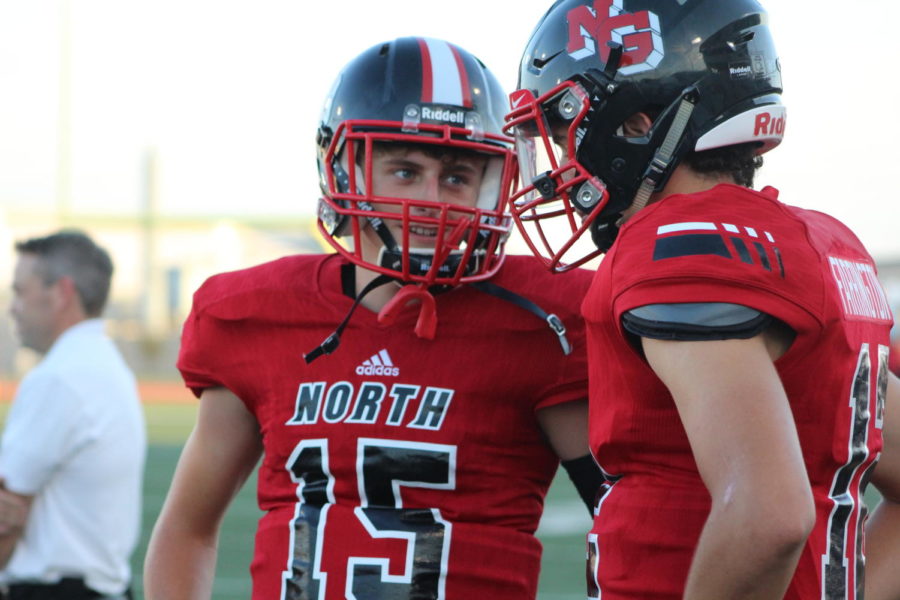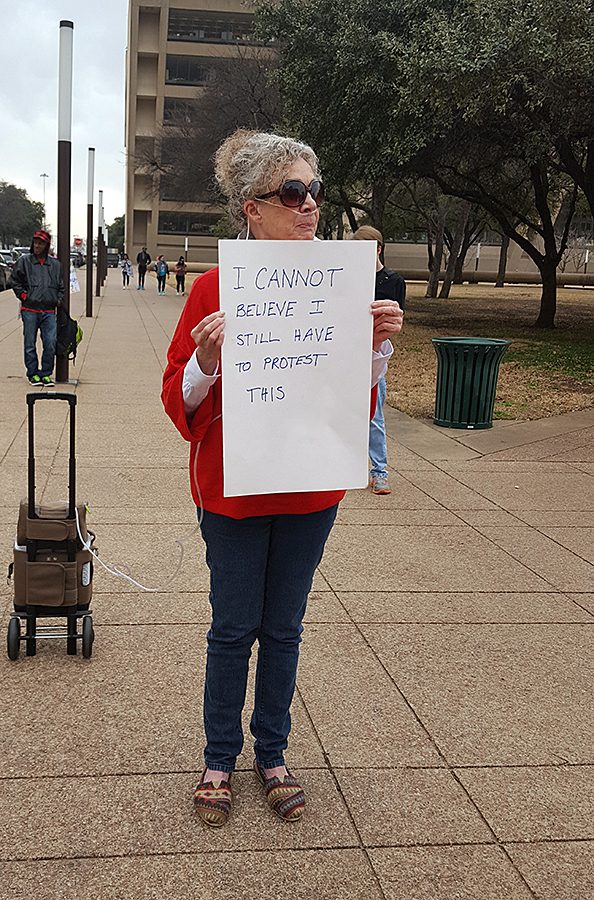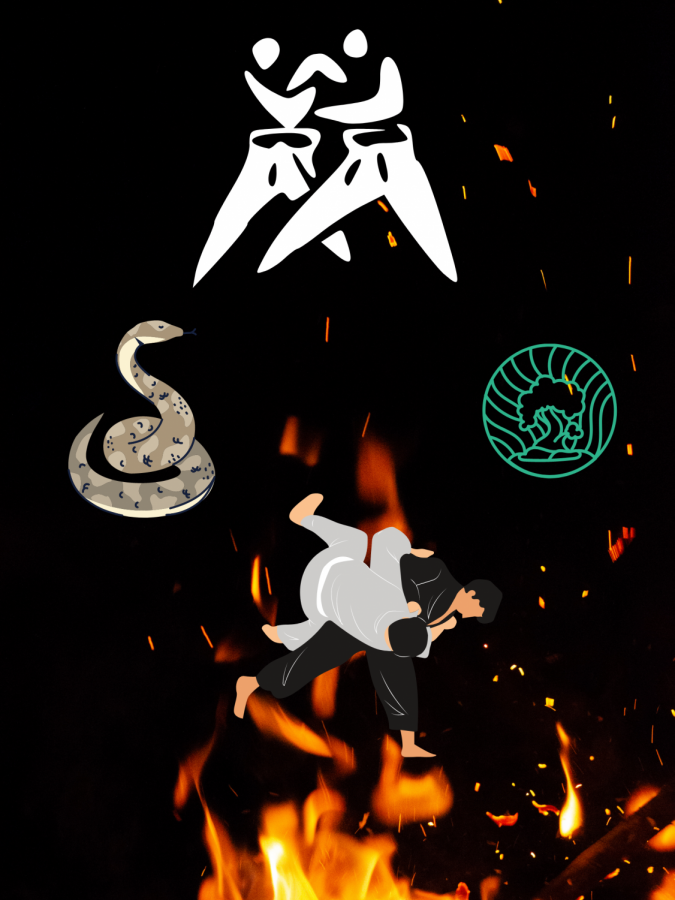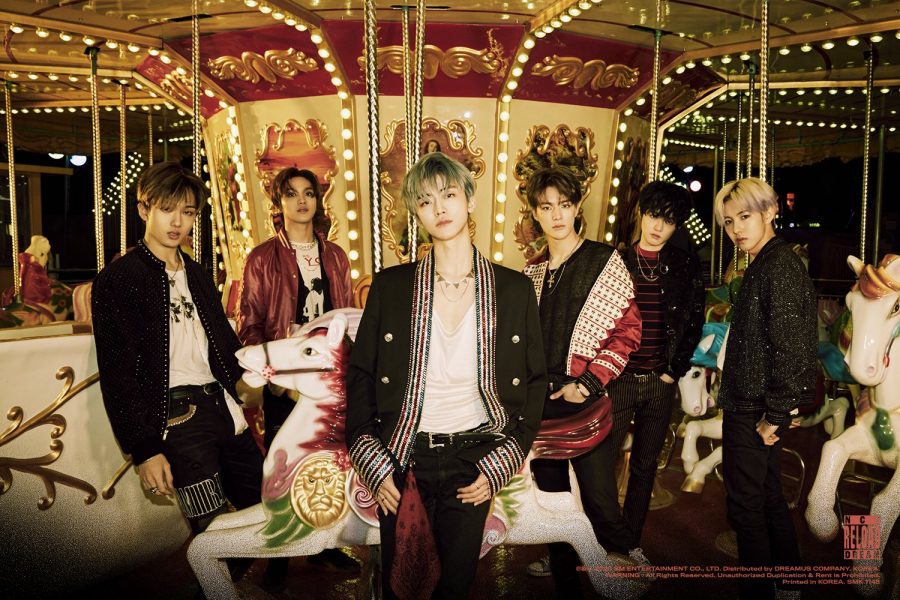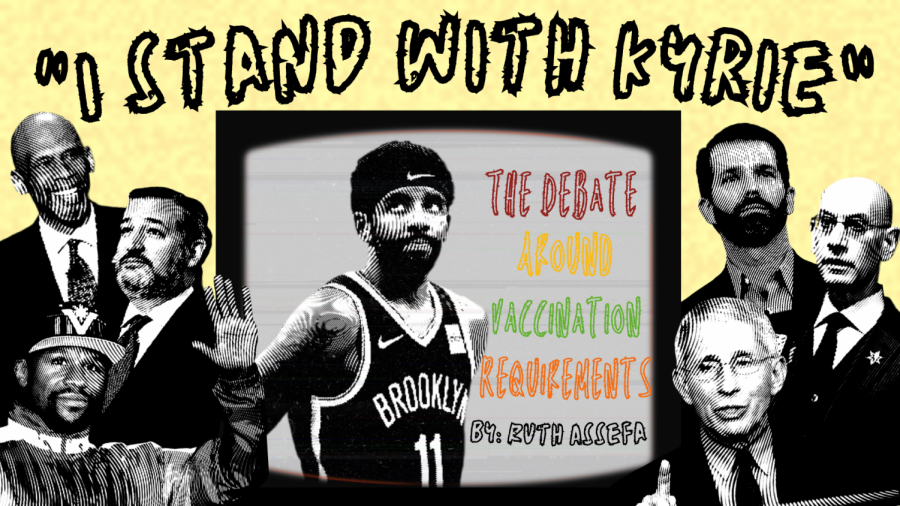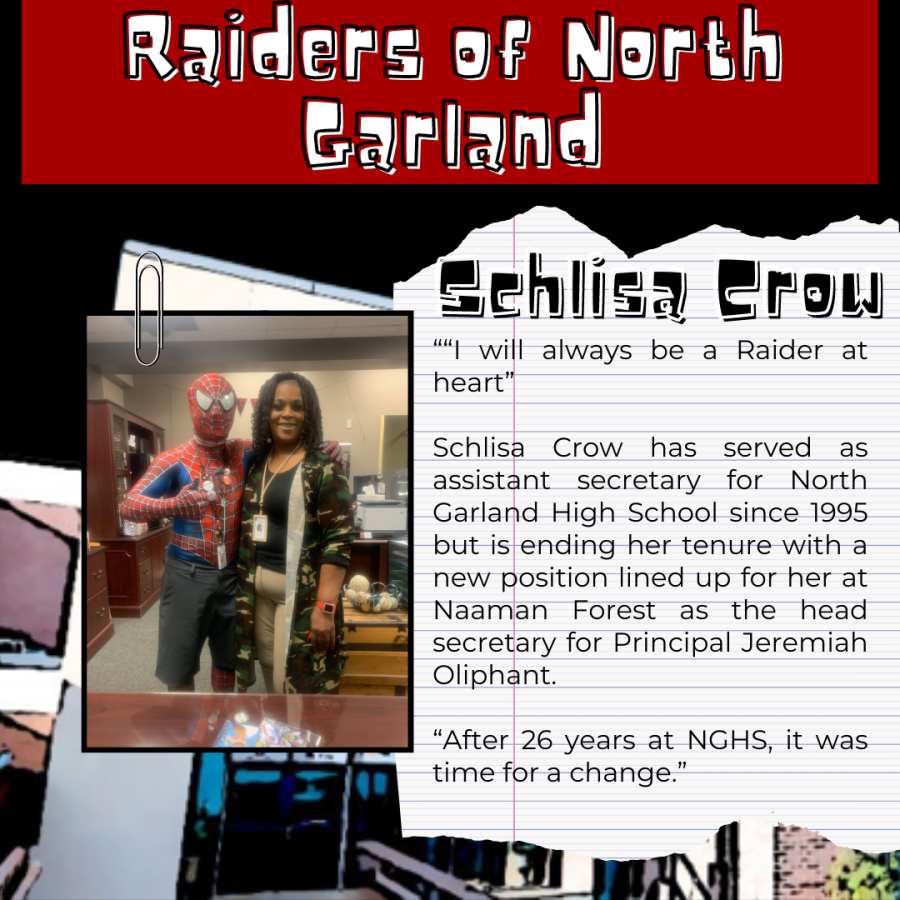Comfortable with being uncomfortable
Heart throbbing, palms sweating, the student anticipates his moment. He clears his throat multiple times in the minute preceding his turn. Finally, he hears his last name.
“Here.”
The moment passes. The teacher continues.
Burington, Guterriez, Jones, Nguyen… Relief.
It’s encompassing, uncontrollable. It makes its victims feel vulnerable.
Weak.
Powerless.
Inadequate.
Some occurrences make it seem like the universe had stopped for a never-ending moment.
Others see it as trivial, irrational, overblown, unreasonable, baseless, or most common of all: shy.
It’s over-analyzing what you said or did hours or even days later; it’s dragging around an inescapable anxiety; it’s escaping from the party you came into yourself, previously eager to make a connection. But it’s not as simple as shy.
It’s being trapped between what you want to do, what you’re actually able to do, what you can’t do, what your comfort zone is and how far you’re willing to stretch it.
Sufferers think of themselves all the time; it gets exhausting, being self-conscious, being over-concerned with how you come across. Someone else will screw up, slip and fall, or suffer from a minor embarrassment of the like, and it doesn’t matter. You think that these things are human, they just happen. But when it happens to you, suddenly it does matter – it more than matters – it extra-matters. And your day is plagued by the cringing thought of what happened.
Rationally, you know it doesn’t really matter. It just feels like it does.
There are calls you don’t want to make and all these strangers you don’t want to talk to, like waitresses and cashiers. Sentences you practice in your head, class presentations that you dread. Things that others seem to push off as a ‘no biggie’ are your daily dose of exhilaration.
A common misconception is that people with social anxiety hate others. Not true. Sometimes a distant disposition is due to being (slightly) intimidated by others. Or not wanting to look dumb. Hesitance can blame not wanting to be judged. It’s being paranoid of what others think, despite the common cliche that you shouldn’t care or worry about what others think of you. The lesson holds true with its good intentions of empowerment, but it’s far from realistic. Humans can’t help but to seek validation.
Then you have your fetishizers. Newsflash: social anxiety is not embodied as a tiny pixie anime dream girl who’s constantly stuttering and blushing. Social anxiety is not cute, it’s trembling. Trying to embrace awkwardness has turned into belittling a genuine disorder.
Social anxiety does not hate; it is not conceited. It does not think its actions hold more significance than others. Social anxiety is sometimes awkward, though it does not enjoy being coddled as cute – it feels patronizing. Social anxiety is a distinct fear of rejection – consciously or unconsciously coupled with the desire to at last be able to open yourself up. Most of all, it’s constant growth coupled with practice, outdoing yourself from yesterday as you become more and more comfortable with being uncomfortable.








